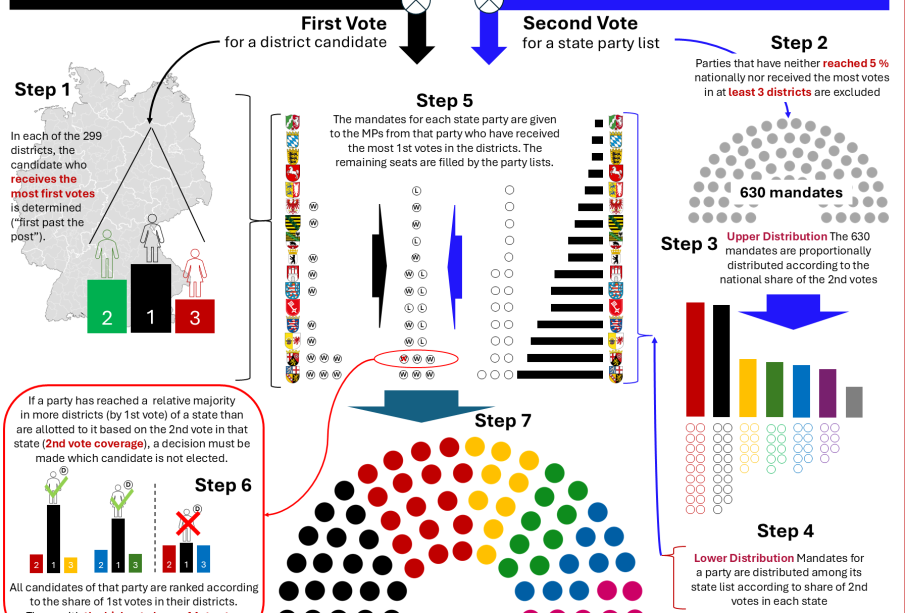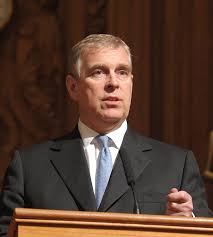Understanding the 2023 Germany Elections: Key Outcomes and Impacts

Introduction
The 2023 Germany elections have held significant implications for the country’s political landscape, impacting both domestic and international affairs. The elections, held on September 24, showcased the evolving political dynamics within Germany, reflecting the sentiments of the electorate amidst concerns about economic stability, climate policy, and social cohesion. Understanding the results of these elections is essential for grasping the future direction of German politics.
Main Outcomes of the Elections
The latest election results indicate a remarkable shift in support among the electorate. The Social Democratic Party (SPD), led by Chancellor Olaf Scholz, managed to retain its position but with a decrease in seats, underscoring the challenges the governing coalition faces. Meanwhile, the Greens have solidified their presence, highlighting a growing commitment among voters towards climate issues.
The far-right Alternative für Deutschland (AfD) party has also gained momentum, surpassing previous election results and raising concerns over political polarization in Germany. This rise is partly attributed to discontent with the traditional parties’ handling of migration and economic issues, pushing many constituents towards populist options.
Another notable development was the performance of the Free Democratic Party (FDP), which struggled to maintain its previous influence in the Bundestag, reflecting shifting priorities among centrist voters. This varied support across parties illustrates the complexities of the current political climate as coalition dynamics will now require careful navigation.
Significance and Future Implications
As the results unfold, the formation of coalitions will be crucial for establishing a stable government. Given the fragmented nature of the Bundestag, the ability to forge alliances will be essential, posing potential challenges for Chancellor Scholz’s administration as they seek to implement their agenda.
The newly elected officials face pressing issues, including rising inflation rates exacerbated by global economic pressures, the ongoing need for robust climate action, and maintaining Germany’s position within the European Union amid various geopolitical uncertainties.
In conclusion, the 2023 Germany elections reflect a transformative period for the nation, emphasising voters’ desire for change in governance and policy direction. As political parties adapt to these results, the subsequent months will reveal how effectively they can respond to citizen concerns while navigating a divided political environment.









